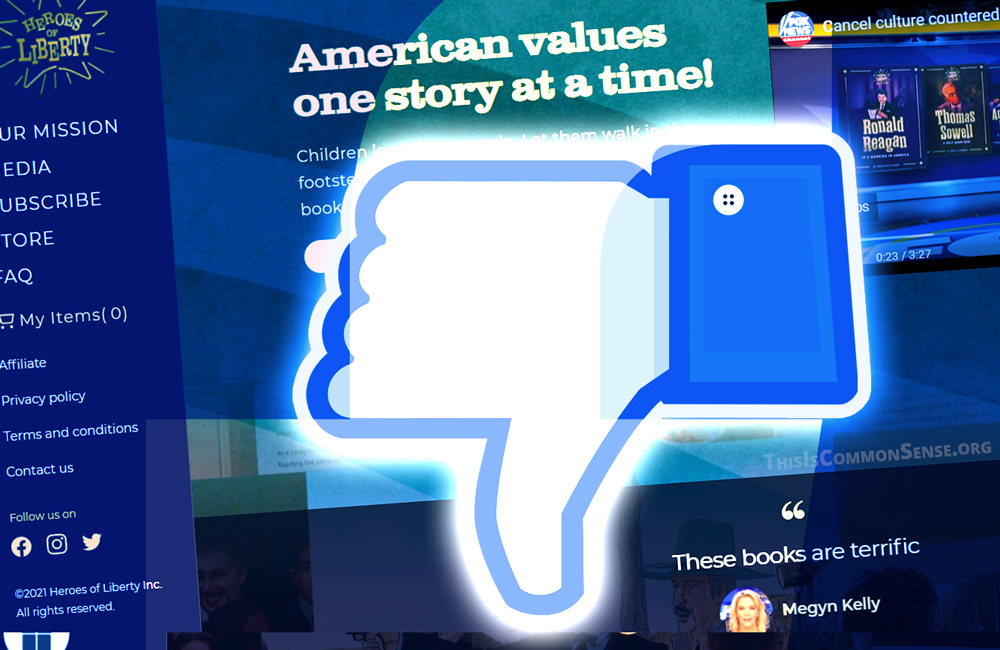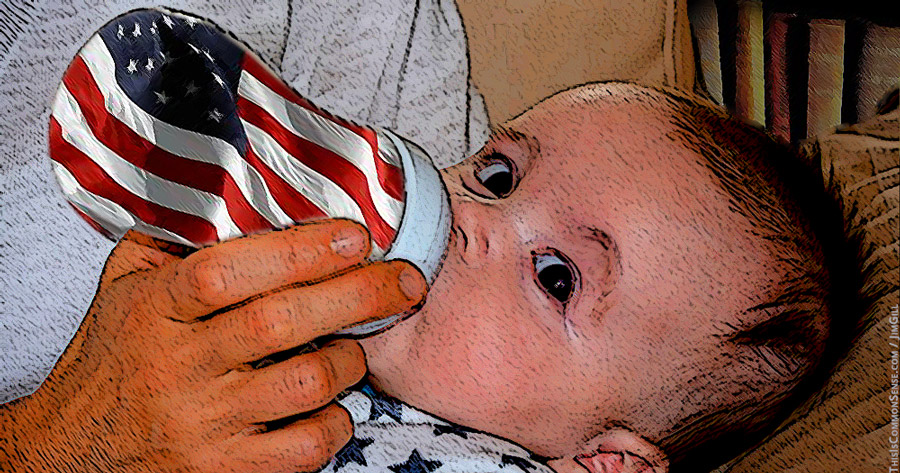Facebook has reversed its “irreversible” decision to strip Heroes of Liberty, a publisher, of all advertising revenue.
On December 23, Facebook locked the publisher’s ad account because of “low quality or disruptive content.” The ads pitched children’s books about figures like Ronald Reagan, Amy Coney Barrett, and Thomas Sowell.
When Heroes of Liberty appealed, Facebook dug in its heels: “You can no longer advertise with this ad account and its ads and assets will remain disabled. This is our final decision.”
Heroes of Liberty editor Bethany Mandel suspects that a small group of hysterical critics of the Heroes of Liberty series provoked the action.
“These are the same people who riot and take down statues of our founding fathers,” she says. “They want to strip us of our ability to honor our heroes in the digital sphere and in children’s books.”
After sharp public criticism of the action, Facebook restored the account. The scope of the censorship proved a little too embarrassing, for now.
Just a silly little mistake that could happen to any giant high-tech censor?
Well, no.
One, somebody writes the algorithms.
Two, somebody confirmed the decision to kill a publisher’s advertising account solely because its books have the “wrong” mission.
Fortunately, we are getting more and more alternatives to the high-tech censors . . . and the alternatives we already have are growing fast. The sooner we can make the Facebooks, Googles, and Twitters of the world irrelevant to online success, the better.
This is Common Sense. I’m Paul Jacob.
—
See all recent commentary
(simplified and organized)




